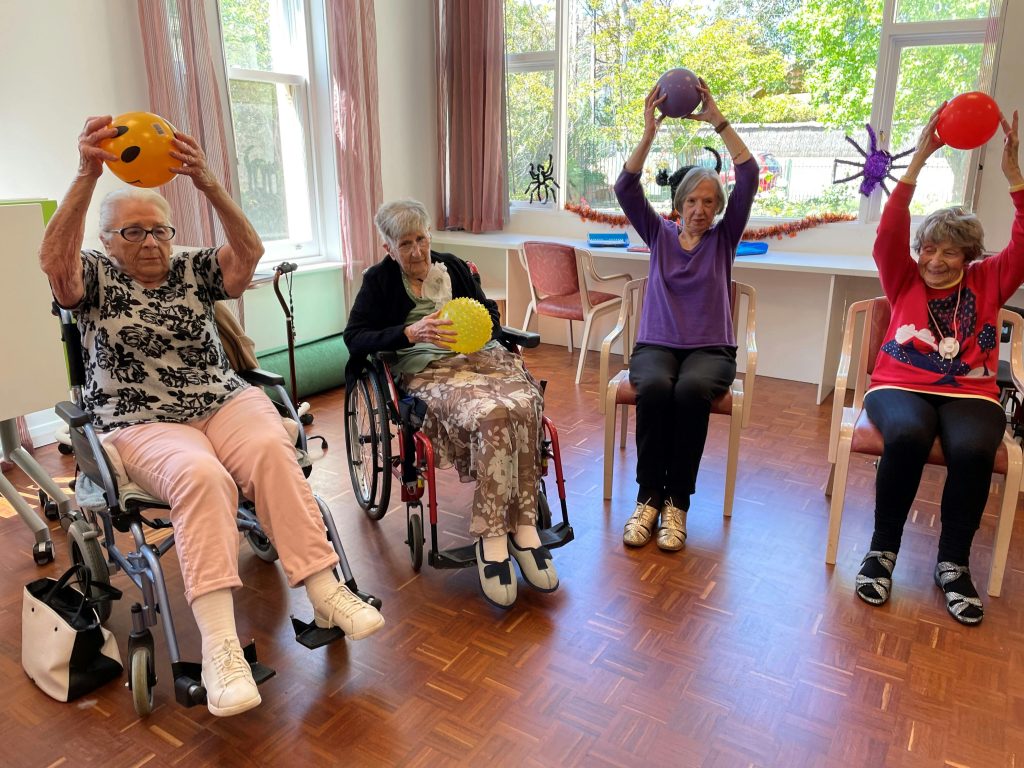It is imperative for facilities to navigate the intricate web of legal and ethical considerations. This comprehensive guide serves as a roadmap, employing the MECE (Mutually Exclusive, Collectively Exhaustive) framework, to explore the multifaceted aspects that senior care providers must address. From compliance with regulations to maintaining the highest ethical standards, this article delves into the nuances of senior care marketing to ensure facilities not only rank prominently on Google but also uphold the trust and well-being of their residents and families.
I. Introduction
A. The Crucial Intersection of Legal and Ethical in Senior Care Marketing
As the senior care industry becomes increasingly competitive, providers must not only stand out in the digital realm but also adhere to legal and ethical standards. This section sets the stage for a comprehensive exploration:
- Market Dynamics: Understanding the competitive landscape and the necessity of robust marketing.
- Ethical Imperative: Emphasizing the ethical responsibility of senior care providers to prioritize the welfare of their residents.
II. Legal Compliance in Senior Care Marketing
A. Regulatory Frameworks
Key Regulatory Bodies
| Regulatory Body | Responsibilities |
|---|---|
| HIPAA | Safeguarding residents’ protected health information. |
| FTC | Regulating advertising practices and consumer protection. |
| ADA | Ensuring accessibility in digital marketing materials. |
B. Privacy and Data Protection
Privacy Considerations
- Consent Management: Obtaining informed consent for the use of resident testimonials or images in marketing materials.
- Data Security Measures: Implementing robust systems to protect sensitive resident information.
C. Truth in Advertising
Advertising Standards
- Accuracy in Representation: Ensuring marketing materials truthfully represent the facilities’ services, amenities, and care capabilities.
- Avoiding Deceptive Practices: Steering clear of misleading tactics to attract residents.
III. Ethical Considerations in Senior Care Marketing
A. Resident-Centric Approach
Resident-Centric Principles
- Respect for Dignity: Upholding residents’ dignity and privacy in all marketing efforts.
- Informed Decision-Making: Providing transparent and accurate information to help families make informed choices.
B. Transparency and Authenticity
Building Trust Through Transparency
- Open Communication: Establishing clear lines of communication with potential residents and their families.
- Authentic Storytelling: Sharing genuine stories that reflect the facility’s values and commitment to resident well-being.
IV. Marketing Strategies in Alignment with Legal and Ethical Standards
A. Content Creation and Distribution
MECE Content Guidelines
| Content Type | Legal Considerations | Ethical Considerations |
|---|---|---|
| Testimonials | Obtain consent, protect privacy. | Truthful representation, respect residents’ wishes. |
| Imagery and Videos | Adhere to copyright laws, respect privacy rights. | Authentic portrayal, avoid manipulative tactics. |
| Online Reviews | Monitor for HIPAA violations, address concerns. | Encourage honest reviews, respond transparently. |
B. Digital Marketing Compliance
Digital Marketing Best Practices
- ADA Compliance: Ensuring websites and online content are accessible to individuals with disabilities.
- Email Marketing: Adhering to CAN-SPAM regulations and obtaining consent for email communications.
V. Handling Challenges and Navigating Gray Areas
A. Legal Grey Areas
- Emerging Technologies: Addressing legal considerations surrounding new marketing technologies, such as AI-driven personalized content.
- State-Specific Regulations: Navigating variations in senior care marketing regulations across different states.
B. Ethical Dilemmas
- Balancing Marketing Goals and Resident Well-Being: Striking a delicate balance between promoting services and preserving the dignity of residents.
- Handling Negative Reviews: Ethical approaches to addressing and learning from negative feedback while maintaining resident confidentiality.
VI. Training and Continuous Improvement
A. Staff Training Programs
Training Focus Areas
- Legal Compliance Training: Keeping staff informed about evolving regulations and their implications.
- Ethics and Compassion Training: Instilling a resident-centric approach in all marketing interactions.
B. Auditing and Adaptation
- Regular Audits: Conducting routine audits to ensure ongoing compliance with legal standards.
- Adapting to Changes: Staying abreast of industry changes and adjusting marketing strategies accordingly.
VII. Conclusion
In conclusion, successfully navigating legal and ethical considerations in senior care marketing demands a meticulous approach. By embracing the MECE framework and understanding the intricacies of regulatory compliance, privacy protection, and ethical storytelling, senior care providers can not only secure a prominent position on Google but, more importantly, build and maintain the trust of residents and their families. Upholding the highest standards in both legality and ethics is not just a regulatory obligation; it is a commitment to the well-being and dignity of those entrusted to senior care facilities.



